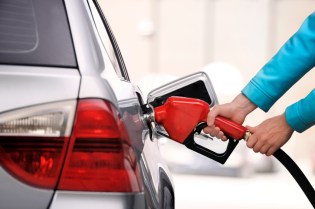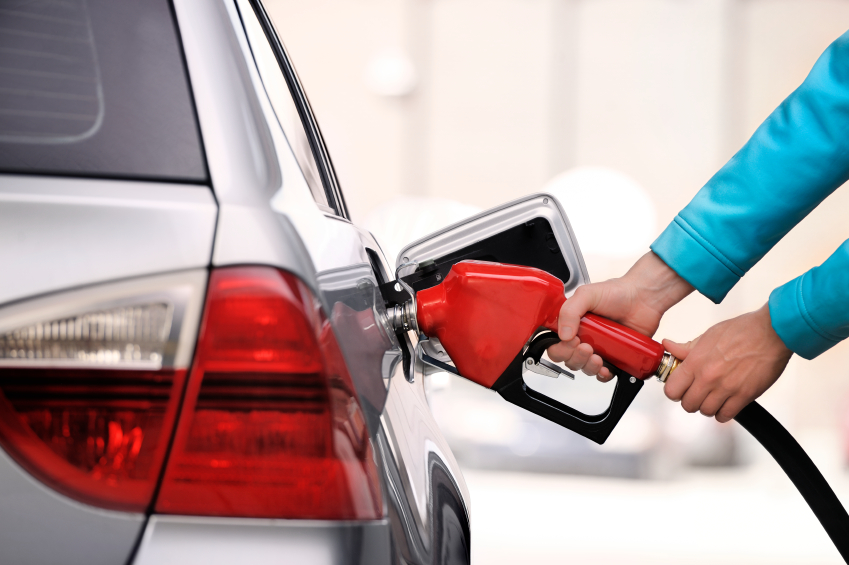Send your question to Umbra!
Q. Dear Umbra,
Have you heard of “no gas Mondays”? Do you think the idea is a good way to make a statement about rising gas prices?
Jeff W.
Old Orchard Beach, Maine
 A. Dearest Jeff,
A. Dearest Jeff,
I do support the idea of no-gas Mondays, and therefore suggest that we refrain from consuming beans, raisins, cauliflower, and flaxseed on the weekends.
Oh hang on. You’re talking about your car.
Your question is well timed, given this year’s rising gas prices (and attendant political jockeying). Every time this happens, a “no-gas Monday” movement seems to rise like vapors from a pump, encouraging people to boycott their local gas stations on a specific day. It’s an idea that has circulated periodically since the late 1990s.
Each time, people get excited about sending Big Oil a message. Unfortunately, the message Big Oil hears is this: “Um, hey, I’ll be buying my gas on Tuesday instead.”
Because Americans are hopelessly addicted to driving. So Big Oil just sits there, twirling its mustache, knowing that we’ll be back before long. I checked with two well-placed informants in the movement-building business who confirmed that this tactic has little actual economic impact on the industry, despite vague claims by vaguely identified organizers that it will equate to a multi-billion-dollar loss.
There’s another problem with the boycott approach: It’s more likely to hurt local service station owners than faceless corporations, so it might be, as the urban-legend site Snopes puts it, “a punch on the nose delivered to the wrong person.” For those interested in a detailed breakdown of where your gas dollars really go, please check out this dated and snide but still relevant analysis.
So Jeff, although I am generally in favor of standing up to The Man, I think the energy behind no-gas Monday is a bit misplaced. However, it can be a good way to draw attention to a vexing issue, and to help us think about the environmental and economic impacts of our behavior.
A better way for consumers to send Big Oil a message would be to stop driving our cars entirely, or drive them far less. Ditch the car and start walking, riding a bike, or taking public transit. Ask your employer if you can work at home one day a week. At the very least, trade in that gas-guzzling SUV for a fuel-efficient automobile. (Of course, every time I give advice along these lines, I hear from people who live in rural areas and protest that it’s not that simple. I understand. I grew up in the hinterlands, due north of the middle of nowhere. Those of you who must drive as part of daily life, please check out these tips for saving gas.)
In the big picture, we need to do a little more than one can accomplish on a typical Monday: remake our communities, our country, and the whole global economic system so we’re not reliant on fossil fuels. You can help make these changes at the voting booth. Climate campaigner (and Grist board member) Bill McKibben also suggests that activists can make progress in the boardroom. When I posed your question to him, he said, “I think what we’re going to see is more targeting of Big Oil where they’re most vulnerable — at the corporate, financial level, where they somehow have to justify the fact to investors that their share values depend on burning reserves far beyond anything scientists say is safe.”
All that said, I don’t want to discourage you from making a statement, and no-gas Monday could be a good start down your personal protest road. Back to Bill for our final thought: “I’d be happy to bypass the gas station on Mondays just to say ‘screw you’ to the petroleum industry.”
Nozzly,
Umbra


